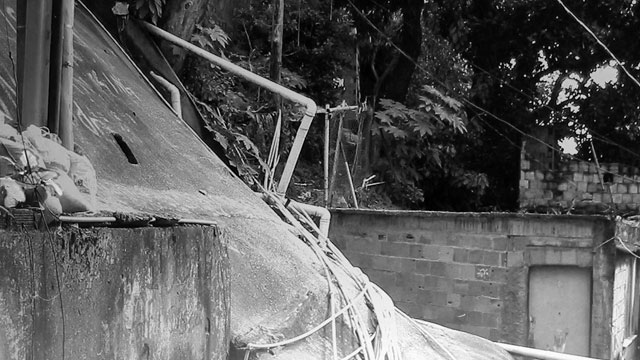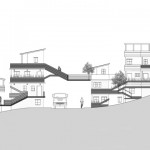Michael Kehoe
ARCH-4980.4 | Ted Ngai, Lecturer
[SLUM]SCAPE
Redefining the Favela
MICHAEL KEHOE
As the megacity of Rio de Janeiro continues to grow at an astonishing rate, the lack of flat, developable land continues to be a pressing issue. Since the city’s colonization by the Portuguese in the 1500’s, the urban development of Rio de Janeiro has been directly influenced by its unique topographic boundaries.
As the city continued to grow, and the availability of developable land diminished, immigrants were forced into environmental fragile hillsides surrounding the city. With such a close proximity to the city where an abundance of jobs remained, small, self-developed illegal settlements called favelas were established. Lacking running water, electricity, and sewage systems, these developments originally served as a temporary housing solution for hundreds of thousands of people in Rio.
Over time, these shanty towns began to establish roots, and grow into communities with a rich cultural history embedded within. Within the last 50 years, these communities have begun to be integrated into their surrounding neighborhoods and basic urban services such as water, sewers, and electricity have been established.
However, it has been projected that by 2050, over 69% of the world’s population will be living in an urban context, of which 52% will be living in slums. It is important to think about and understand the effects and strains that these once self-sufficient, self-developed communities will have on the city as a whole.
In an effort to restore the rich cultural conditions within, a new micro-infrastructure must be established and introduced to these communities to allow them to continue to operate in a self-sufficient, sustainable manner.
A network of ribbons, functioning as a water filtration system, weave through the existing urban fabric, creating a series of social spaces within the voids of the favela.



